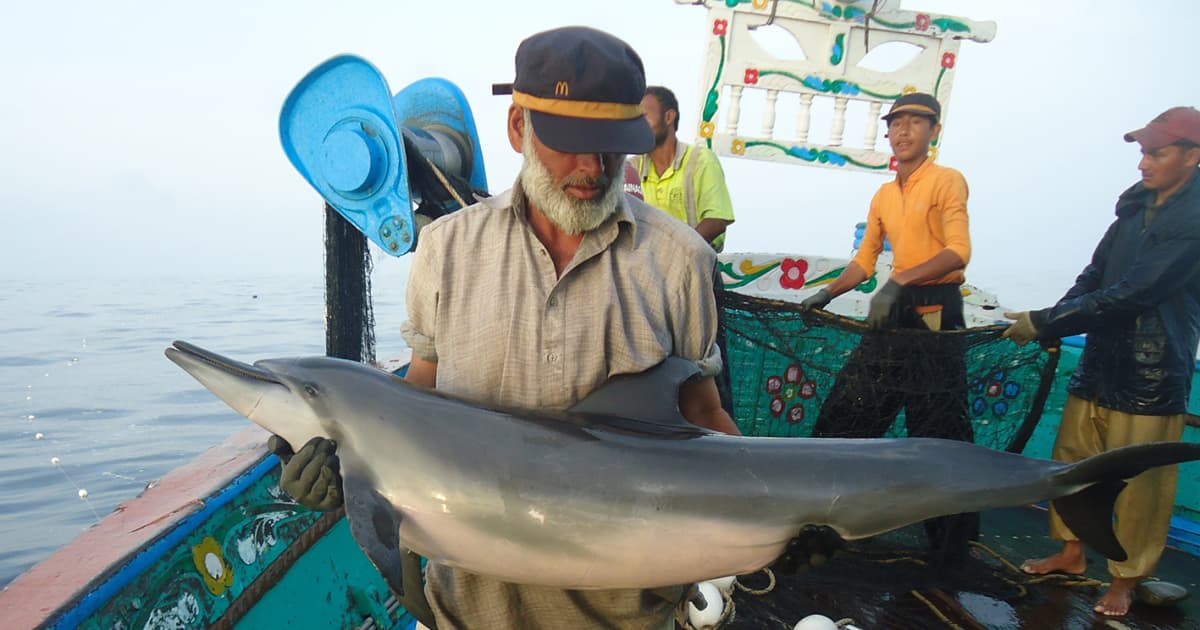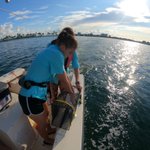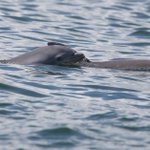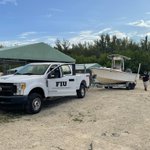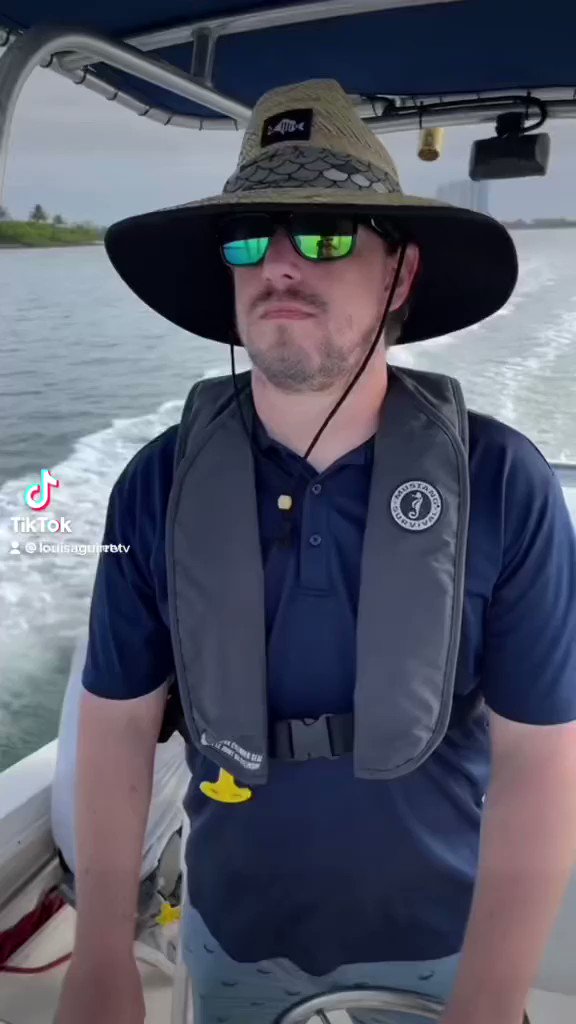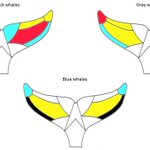When New England whalers ceased operating in the Eastern Caribbean during the late nineteenth century, they left behind a population of local men who had learned the skills of whaling while working aboard the American vessels.
Caribbean whale populations had been reduced to the point that the American expeditions were no longer profitable, but sufficient whales did remain to support local whaling operations.
Species
Cetaceans
St. Vincent & the Grenadines is the most prolific whaling nation in the Americas outside of the Arctic.
We investigate the importance of artisanal and aboriginal whaling in St Vincent and the Grenadines and its potential impact on both cetacean and human populations
Whaling operations appeared on more than a dozen islands within the region but today remain almost exclusively in St. Vincent & the Grenadines. Several hundred small cetaceans are taken annually for local consumption, including short-finned pilot whales (Globicephala macrorhynchus), killer whales (Orcinus orca), false killer whales (Pseudorca crassidens) and a diversity of small dolphin species.
The small Grenadine island of Bequia supports an International Whaling Commission (IWC)-sanctioned aboriginal subsistence whaling operation, taking up to four humpbacks (Megaptera novaeangliae) per year. Almost nothing is known about the cetacean populations in the area, including their distribution, abundance and species diversity. However, Vincentian whaling is not formally regulated and its impact on local cetacean populations is unknown.
Using a variety of methods, we study cetacean populations to provide baseline information on the abundance and distribution of cetaceans in St. Vincent & the Grenadines to provide take limits to the government. In addition, ecotoxicological investigations are also conducted to assess the impact of whale meat consumption on human health. The purpose of this project will be to investigate and implement methods to simultaneously address the conservation of cetaceans and the promotion of human health among the whaling communities and populations who consume the resultant food products in St. Vincent & the Grenadines.
